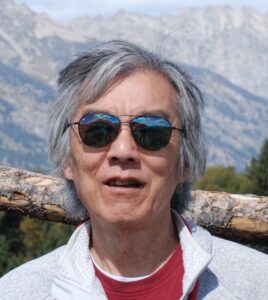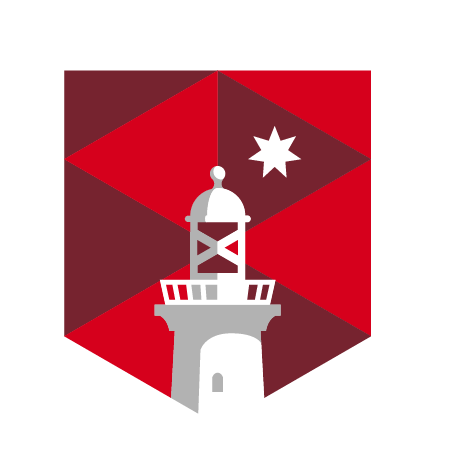 Speaker: Professor David Ryugo
Speaker: Professor David Ryugo
Date: Tuesday 12 November
Time: 9.30am – 11.00am
Location: Australian Hearing Hub, Level 1, Lecture Theatre
Agenda:
9.30am – 9.35am – Welcome
9.35am – 10.15am – Presentation
10.15am – 10.30am – Q & A
10.30am – 11.00am – Networking & Refreshments
Abstract: Hearing loss is annoying but the symptoms of hearing loss are what is most destructive. These symptoms are (1) impaired speech understanding in noise; (2) emergence of phantom sounds; and (3) distortions of loudness perception. I want to focus on brain changes that appear to affect frequency and timing processing. The data will address the tonotopic organization of auditory nerve input to the cochlear nucleus, changes in descending projections to the medial efferent neurons, and pathology of auditory synapses. Can we develop a sound therapy that “hides” hearing loss from the brain, thereby preventing or at least delaying pathologic brain changes induced by hearing loss?
Bio: Professor David Ryugo grew up in a small college town in California that centered around agriculture. He enjoyed sports, woodworking, hiking and camping, and was drawn to mathematics and science because of his interest in problem solving. David prizes education, loves his work, and considers preservation of the environment mankind’s greatest challenge.
Professor Ryugo uses neurophysiology and neuroanatomy in his studies of the auditory system. He spent 9 years on the faculty at Harvard Medical School and 23 years at Johns Hopkins University School of Medicine before retiring as professor emeritus. In 2010, he moved to Sydney to join the Garvan Institute and the University of New South Wales. His research focuses on understanding brain mechanisms that underlie hearing in mammals with an emphasis on structure-function relationships in auditory circuits of the brain. He is especially interested in how deafness and hearing loss alter brain organization, and in exploring strategies for hearing restoration. Professor Ryugo is also a Principal Honorary Fellow at the Bionic Institute in Melbourne and an honorary member of the Ear Nose & Throat Department at St. Vincent’s Hospital.
When not working in the lab or worrying about funding, David enjoys reading, rock climbing, traveling with his wife, Karen, and his new hobby of woodworking and metal work.
Registration: Entry is free and open to the public.
Please register by Thursday 7 November to louise.dodd@mq.edu.au
If you wish to claim this event as a non-endorsed Category 1 activity through Audiology Australia, please notify the registration desk before the seminar and an certificate of attendance will be emailed to you after the seminar.





